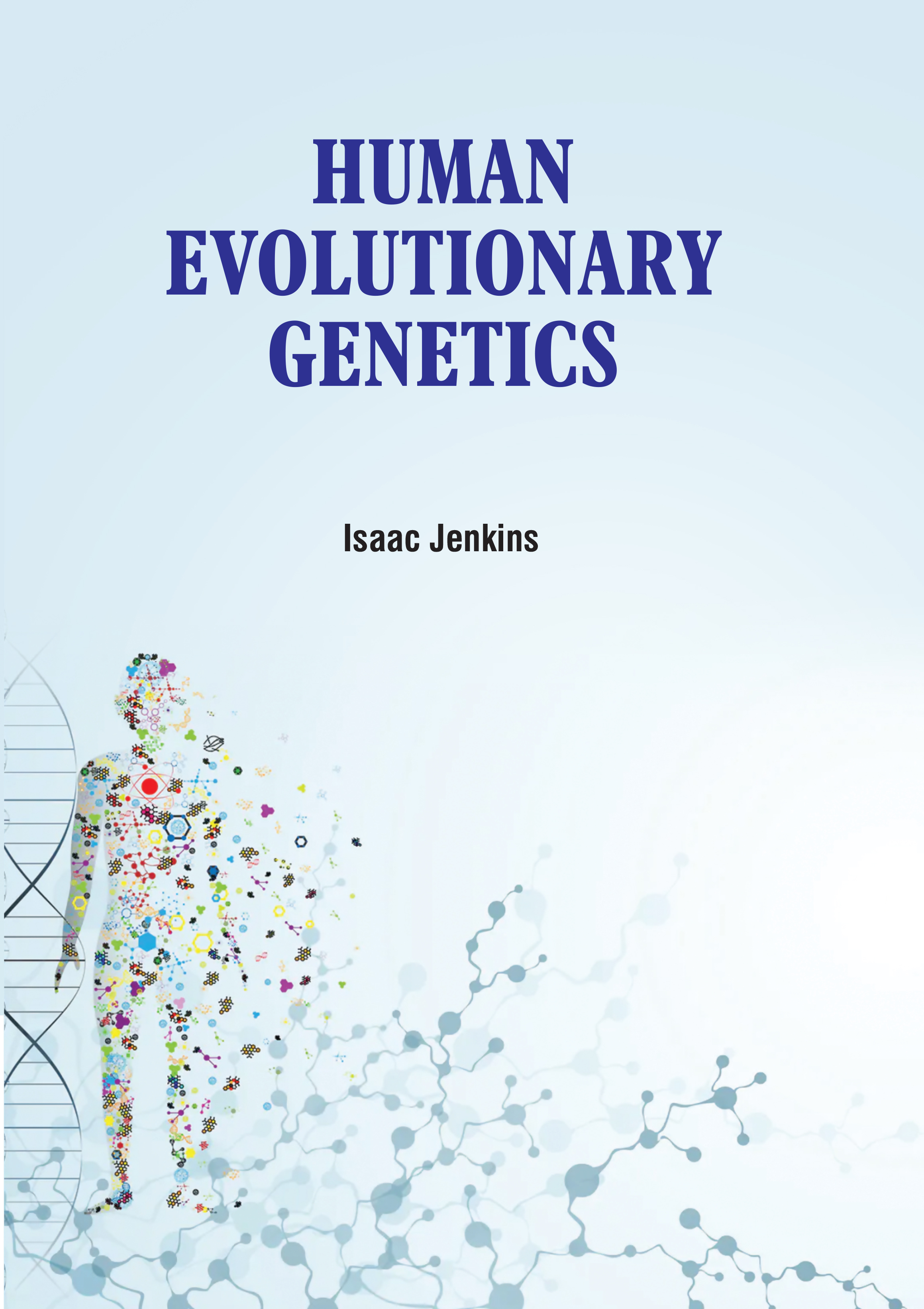
Human Evolutionary Genetics
by Isaac Jenkins
| ISBN | 9789372421293 |
|---|---|
| Publisher | Digital Drive Learning |
| Copyright Year | 2026 |
| Price | $260.00 |

by Isaac Jenkins
| ISBN | 9789372421293 |
|---|---|
| Publisher | Digital Drive Learning |
| Copyright Year | 2026 |
| Price | $260.00 |
Human evolutionary genetics studies how one human genome differs from another human genome, the evolutionary past that gave rise to the human genome, and its current effects. Differences between genomes have anthropological, medical, historical and forensic implications and applications. Genetic data can provide important insights into human evolution. Humans have tampered with the genetic composition of other organisms for thousands of years. Most of this manipulation has been decidedly low-tech: domestication of animals and selective breeding of desirable food crops. The development and use of genetic engineering techniques has accelerated the pace at which humans can alter nature, creating some products that have unquestionable benefits and others that raise serious concerns. One of the main reasons for sequencing the human genome is to gain access to the sequences of genes involved in human disease. The hope is that the sequence of a disease gene will provide an insight into the biochemical basis of the disease and hence indicate a way of preventing or treating the disease. Comparative genomics has an important role to play in the study of disease genes because the discovery of a homolog of a human disease gene in a second organism is often the key to understanding the biochemical function of the human gene. If the homolog has already been characterised then the information needed to understand the biochemical role of the human gene may already be in place; if it is not then the necessary research can be directed at the homolog. Humans have had some understanding of heredity since prehistoric times, observing how similar traits pass from parent to offspring and noting that differences arise with each generation. Most of the mechanisms of heredity, however, were shrouded in mystery until early in the 20th century. Since that time, the rate of discovery has reached a feverish pace, enabling the advancement of modern molecular biology and the current Human Genome Project. The book also examines the subject of personal genomics and its implications.